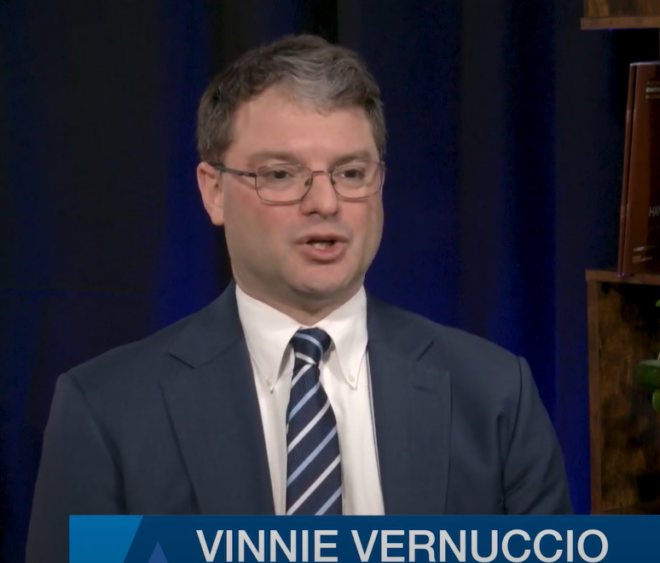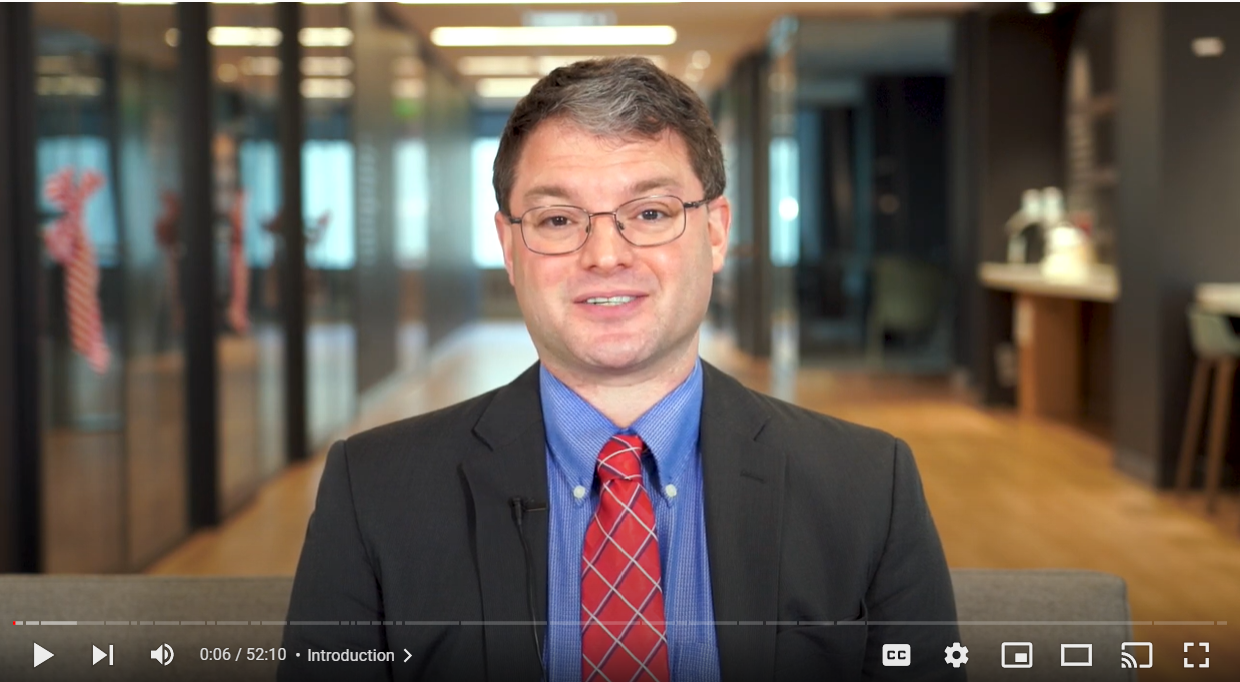Posts tagged DOL

The Roadmap To Modernizing Federal Labor Laws: Matt Kittle, F. Vincent Vernuccio
July 20, 2025 // That's one of the main things that we want to see at I4AW. Is workers having a choice in a voice, having. The ability to say who they want to be represented by, how they want their money spent, and how they want to work. And I know we talked about it briefly with the ERA, but the ability for an independent contractor to work for themselves, not be considered an employee, small business owner, to own a franchise, all those things are core to what the flexibility and the entrepreneurship of the modern worker, and those are the concepts that are embraced, you know, not just on the union end of the Employee Rights Act, but on the innovation and entrepreneurial spirit and pro worker end of the ERA.
Federal and State Leaders Take Aim at Empowering America’s Flexible Workforce
July 16, 2025 // However, while federal leaders build support for national reforms to help workers all across America, states are not sitting idle. They know that not only do self-employed workers support greater access to portable benefits, but their residents in general think this warrants policy reforms as well. Instead, many are forging ahead with legal pathways for flexible, portable benefits, maximizing what they can do at the state level in ways that will be further enhanced by federal reforms when they occur. Many states introduced legislation this year to legalize voluntary benefits, but several pioneering states now have laws enacted.
California’s fast-food minimum wage is super-sizing job losses
July 15, 2025 // The damage for California doesn’t stop at job losses, as CEI has noted previously. The vast majority of California’s fast-food workers, 89 percent, have had their work hours reduced. Another 35 percent have seen their supplemental benefits reduced. Customers suffer as well. Menu prices for Golden State restaurants rose 14.5 percent between September 2023 and December 2024, nearly double the national rate of 8.2 percent for restaurants. Prices jumped 3 percent in the month after the minimum wage hike went into effect. Americans across all income groups eat fast food, but the core consumers are low-income families according to the Morning Consult. Any price increase is going to hit them the hardest.

How affordable housing in National City became a cash machine for San Diego County labor unions
July 9, 2025 // Public records show these same union leaders, who manage the coalition and the apartments, also direct political action committees that help channel rent and laundry payments into various political causes. Since 2016, about 11 cents of every dollar collected from tenants has been used to influence elections for city councils and school boards across the region, finance ballot initiatives that advance labor interests and pay these same union leaders six-figure salaries.

Chair Cassidy, Scott, Paul Release Legislative Package Empowering Independent Workers to Access Portable Benefits
July 7, 2025 // “We applaud Sen. Cassidy for striving to ensure independent contractors can be protected and receive benefits similar to employees without jeopardizing their entrepreneurship or independence. The Unlocking Benefits for Independent Workers Act supports independent contractors and freelancers by allowing businesses to provide benefits without redefining worker status. In today’s evolving economy, flexible work shouldn’t come at the cost of healthcare or retirement security. This legislation helps ensure that all American workers – regardless of classification – can have access to benefits like health care and retirement plans,” said F. Vincent Vernuccio, J.D., President, Institute for the American Worker.

One Big Beautiful Law on American Radio Journal
July 7, 2025 // This week on American Radio Journal: Lowman Henry talks with Vincent Vernuccio from the Institute for the American Worker about the proposed Employee Rights Act of 2025;
Michael Watson: Improving Union Annual Reporting
July 3, 2025 // Especially following the 2010 Supreme Court decision in Citizens United v. FEC, which “collection” is funding what spending is important information for union members, and they deserve ready, single-site access. (Citizens United overturned a Taft-Hartley Act–derived ban on using union dues revenues for independent expenditures on behalf of candidates.) They should not need to cross-reference Federal Election Commission (FEC) reports and Labor Department reports to infer which pot of money paid for which spending. Instead, the Labor Department or Congress should revise the LM-2 form to require labor unions to specify the funding source, perhaps by adding a new schedule for expenditures to or by the “Separate Segregated Fund” (the technical name for the “second collection” pot of money) or by requiring specification of the source of funds for Schedule 16 and 17 expenditures related to politics and advocacy.
Op-ed: Trump DOL Rule Would Reduce Union Transparency
July 2, 2025 // Keeping the reporting threshold at $250,000 in receipts is a good way to increase union transparency automatically. As that has become a smaller number in real terms over time, more unions have been subject to the highest level of scrutiny in their reports. Conservatives should applaud this win for public accountability. Instead, the Trump administration is looking to shield hundreds of unions from greater accountability by raising the reporting threshold. It’s not as though unions have been doing anything for Trump, as the AFL-CIO and government employee unions remain some of his top political adversaries.
Governments should protect workers, end cozy relationship with political allies
July 1, 2025 // Unions already collect hundreds of dollars — or more — each year from each member. They should be using that money to support members during strikes, not expecting employers to pay workers not to work. The misguided policy will likely raise costs for public and private employers, harm the majority of workers in the state and weaken the state’s unemployment insurance fund. The government should be neutral between employers and labor, not serve as muscle to force employers to finance a de facto strike fund on behalf of political allies. If lawmakers and public employers truly cared about fairness for workers and the disadvantaged who lose jobs, they’d stop helping unions build political war chests and start giving workers full transparency and choice.
Wisconsin gig workers could become independent contractors under bill headed to governor’s desk
June 19, 2025 // Drivers for transit apps like Uber or DoorDash would be given more flexibility, but they'd also be exempt from worker's compensation or minimum wage requirements
